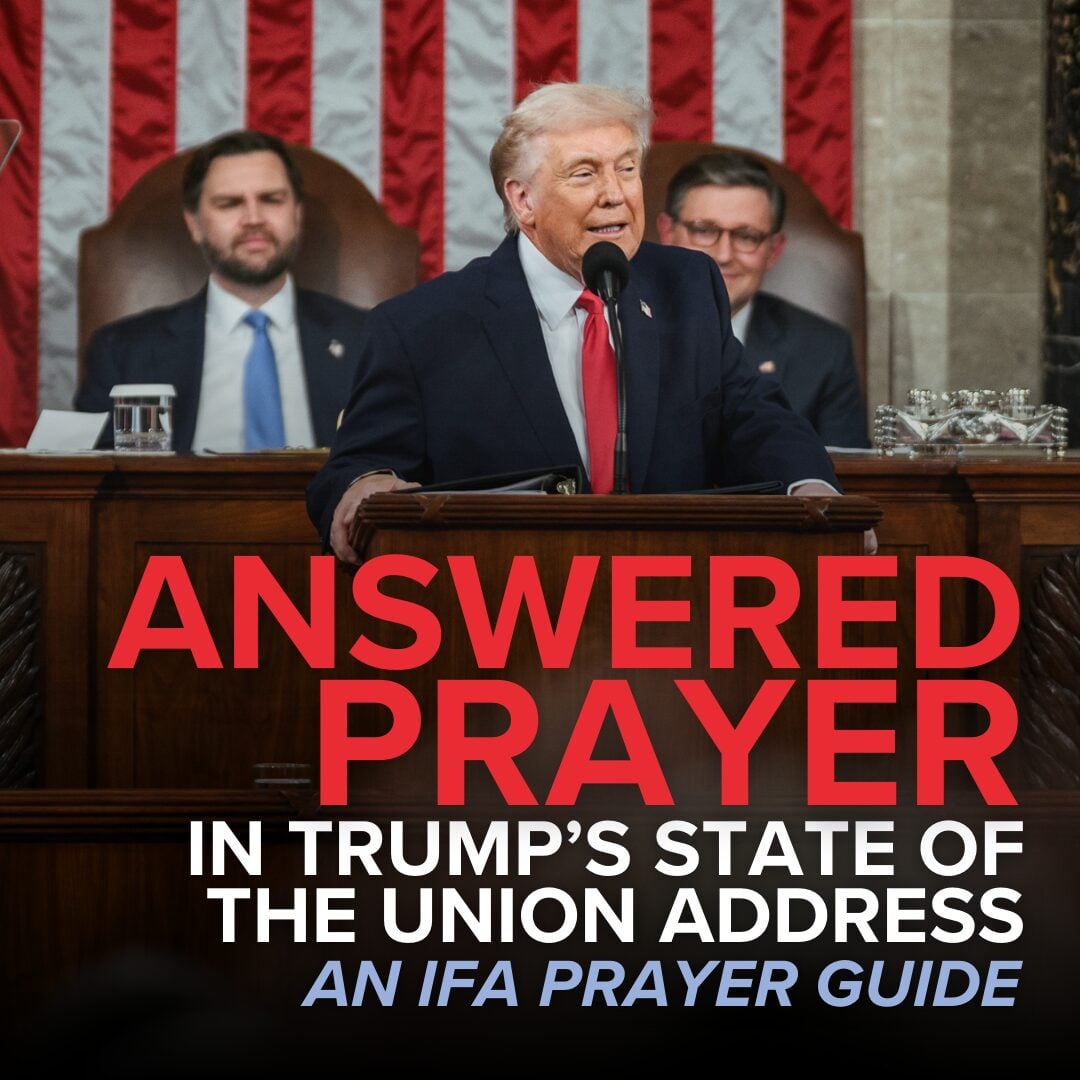Biden Proposes Rent Control
A Hidden Ideology is Censoring Conservatives
Pray Against Distortion of Justice
Biden Admin Urged to Acknowledge Christian Persecution in Nigeria
Pray to Defend Religious Liberty
Biden Proposes Rent Control
From WORLD. . . . A new proposal from the Biden administration would require owners of 50 or more units to cap annual rent increases at 5 percent. The political maelstrom revolving around Biden’s exit from the presidential race overshadowed the president’s rent control proposal. But some housing policy experts and economists took note of the unwelcome development in the administration’s approach to lowering inflated housing prices and boosting supply. . . .
Biden has made affordable housing a recent focus of his administration and championed the issue during his now-canceled reelection campaign. Though his latest proposal isn’t likely to make it far through Congress, the recommendation has renewed debate about the root causes of shortages and budget-busting housing costs.
. . . Across the United States, many more cities are struggling with a severe housing shortage exacerbated by COVID-19 supply chain disruptions and subsequent construction delays. The United States is between 5.5 to 6.5 million units short of the housing it needs—equivalent to about a 20-year lag in building, said Bryan Greene, the vice president of policy advocacy at the National Association of Realtors.
Caps on rent increases will only aggravate existing supply issues by reducing the incentive for developers to build, said Kevin Corinth, who helps direct the Center on Opportunity and Social Mobility at the American Enterprise Institute. “Even those tenants who are … in theory, benefiting from the rent control in the short term, it really makes it harder for them to move because now you’re sort of locked into that unit.” Corinth pointed out. “And we know from lots of research that it’s really important that families can move in response to economic changes.”
Cities experimented with rent control policies after the first and second world wars and well into the late 20th century. Rarely did it end well, noted Judge Glock, a senior fellow at the Manhattan Institute. “The results from New York City in particular were just devastating,” he said. “You had massive swaths of the city that were filled with collapsed apartment buildings where landlords were lighting their own buildings on fire to collect insurance money, because they get more from insurance than they could from renting it out.”
The policies largely died out after their blatant failures in the 1970s and ’80s but have resurged recently. California and Oregon passed rent control legislation in 2019. The Golden State’s law limits annual increases to 5 percent adjusted for inflation, while Oregon’s measure, dubbed “rent stabilization,” caps raises at 7 percent plus changes in cost of living calculated from the Consumer Price Index. Both states cap total raises at 10 percent. . . .
Prices have not stabilized in California or Oregon, which continue to rank among the 10 states suffering the worst housing shortages in the country. The two states also boast some of the lowest new construction rates relative to job growth.
Not only would Biden’s rent cap further squeeze supply, but Paul Guppy, a senior researcher with the Washington Policy Center, pointed out that housing policies at a federal level do little to get at the root cause of the shortages driving up prices in the first place. Local and state regulations are primarily responsible for restricting the land that developers can use to build and putting heavy regulations on home construction. “This is not a federal issue,” Guppy said.
He pointed to Washington state’s Growth Management Act. The 1990 legislation requires local governments to create development plans that promote density in cities and towns while keeping the space between them open, which Guppy argued had the unintended effect of driving up housing costs.
Corinth with the American Enterprise Institute said the federal government could incentivize states to cut regulations by limiting federal housing assistance to places with very high rents, such as San Francisco, and giving more funds to places where rents are not out of control.
It would take some time for cities and states to cut regulations and developers to begin new projects. “But if they don’t start having a higher rate of building in places with high demand in a few years,” Corinth said, “I think it would make sense to partially restrict some of these federal streams of dollars.”
Corinth noted the federal government, the largest landholder in the country, could also make more public land available to developers. He praised Biden for directing federal agencies to assess how to repurpose surplus federal land in his proposal. In Nevada, the Bureau of Land Management is considering how to make use of hundreds of public acres that local governments believe are appropriate for affordable housing developments. The bureau has already sold several acres to cities below market value for affordable housing developments, according to the White House.
Corinth hopes the efforts will extend beyond Nevada. “There’s a vast amount of federal land out there. You wouldn’t need to touch any national parks,” he said. “Sell the land to private developers and let them build. I think that would be the most effective way to add supply.” . . .
In his proposal, Biden also urged transit agencies, school districts, public utilities, and religious institutions to consider how their excess land “may be used in ways that better reflect local priorities and housing needs.” California lawmakers introduced a measure last year that would streamline the zoning process for religious institutions to build low-income housing on surplus property they already own. . . .
From WORLD. Photo by Josh Wilburne on Unsplash.
Partner with Us
Intercessors for America is the trusted resource for millions of people across the United States committed to praying for our nation. If you have benefited from IFA's resources and community, please consider joining us as a monthly support partner. As a 501(c)3 organization, it's through your support that all this possible.


We use cookies to ensure that we give you the best experience on our website. If you continue to use this site we will assume that you are happy with it. Privacy Policy





Comments
Praying that our federal government stay within the authority given to it in our Constitution.